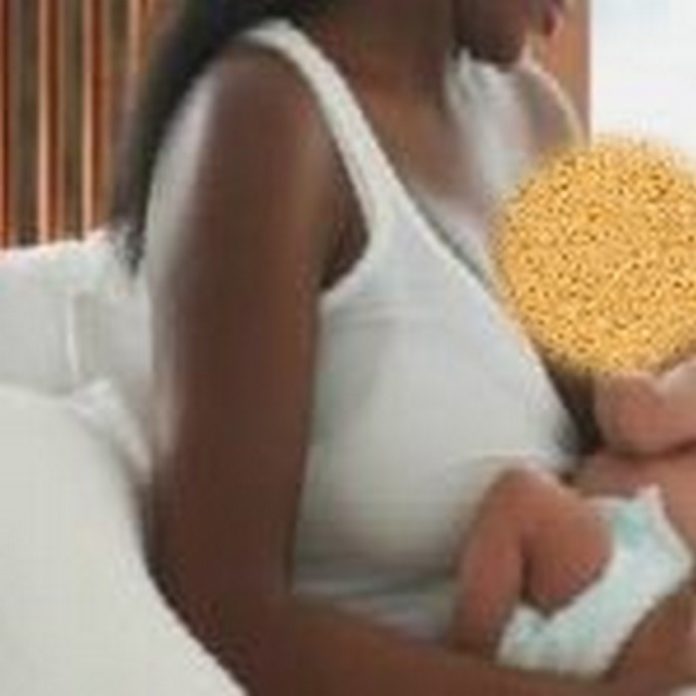Lactating mothers in the New York City area, as well as around the country, are signing up for a study that may lead to a breakthrough in finding a treatment for the COVID-19 coronavirus.
Dr Rebecca Powell, assistant professor of medicine, Division of Infectious Diseases, at the Icahn School of Medicine at Mount Sinai, is actively gathering breast milk to study the antibodies.
She put out an online call for volunteers in early April and says she’s been inundated with responses—right now there are about 900 women involved and she expects that number will continue to grow.
“The hypotheses is generally that there would be antibodies in the milk against COVID-19 because there is some proportion of antibodies in milk that comes from blood,” explains Dr Powell.
“We hope that the antibody levels are high and have protective function. This is important for breastfed babies, obviously, Beyond that, if there are high levels of protective antibodies, those antibodies could be purified and used in treatments in severe cases of COVID-19,” she said.
She cautions that she’s not talking about people buying breast milk off the Internet and drinking it: “I’m don’t recommend anyone to buy bodily fluids online and ingest them. Any bodily fluid can also carry other illnesses. I’m talking about purifying specific antibodies from the milk and using therapeutically.”
Dr. Powell’s research is similar to current studies on the antibodies of blood plasma, but the collection of breast milk is non-invasive and looks at a particular population—lactating women.
In terms of the volunteers Dr. Powell is looking for, she says, “If you are COVID-19 positive or you have strong reason to suspect you are infected or you are an essential worker with a high likelihood of infection, we are recruiting all over the country. Otherwise, we are recruiting any lactating mother in New York City whether they’ve been tested positive, had exposure or not exposed at all.”
The women will pump, freeze their breast milk in their home freezer with the date and their name or initials on the bag. In time, Powell will work out a system for people to safely ship the milk to her lab. In NYC, she is personally coordinating no-contact pick-up of milk from mothers.
“Obviously in science you want to reproduce things,” says Dr Powell. “But in early experiments that I’ve conducted in the last week, I’m finding COVID-19-specific antibodies in the milk. These experiments need to be reproduced.”
She’s hoping to receive full funding to continue this research for at least a couple of years.
That doesn’t mean that it would take years before the research could potentially help patients. “If I see high levels of antibodies in the milk, it could be acted on fairly quickly,” she says. “I’m trying to work through the understanding of that with the FDA about how milk antibodies fit into emergency approval for therapeutics.”
Lactating mothers interested in participating in the research may contact Dr Powell for further information: covid19humanmilkstudy@gmail.com

